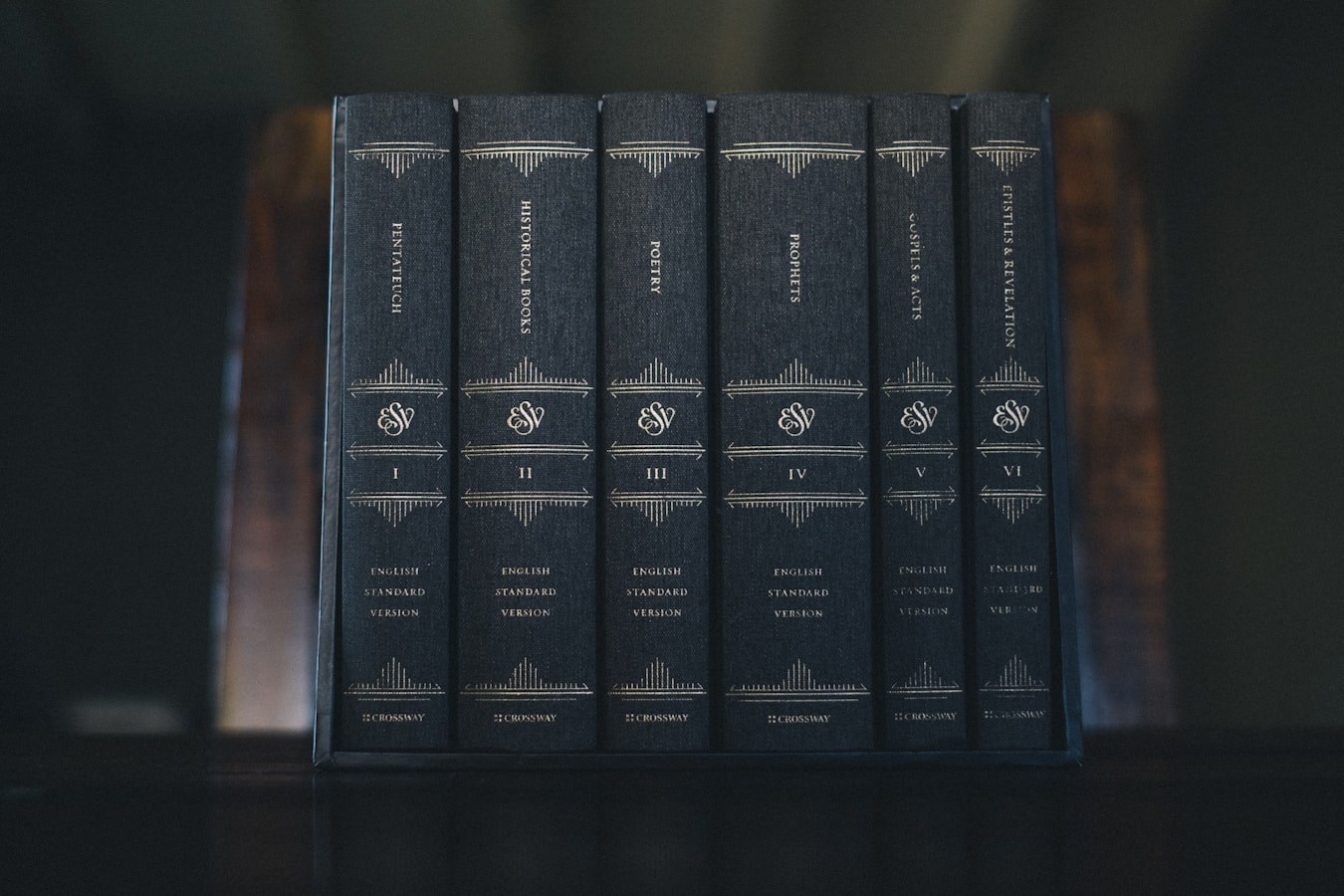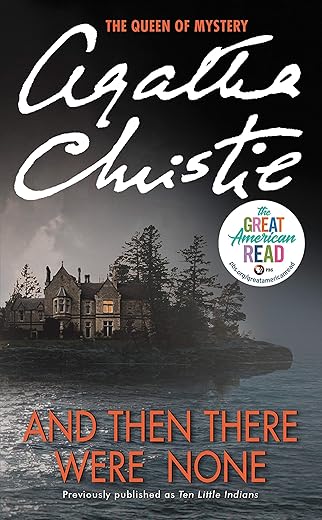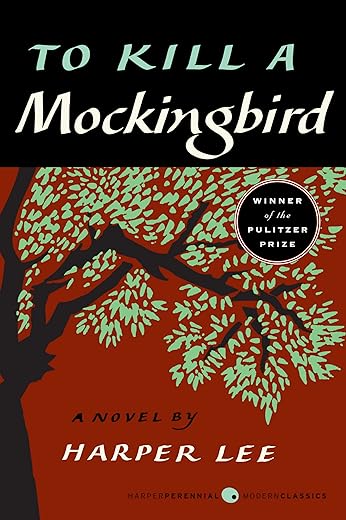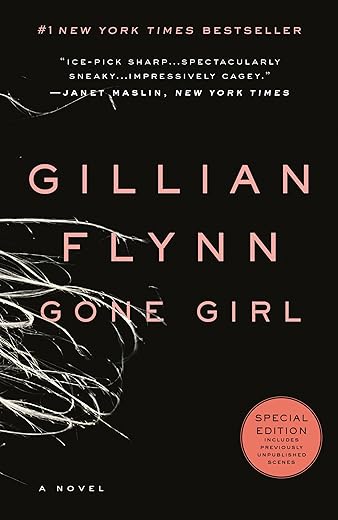Read every series in the right order
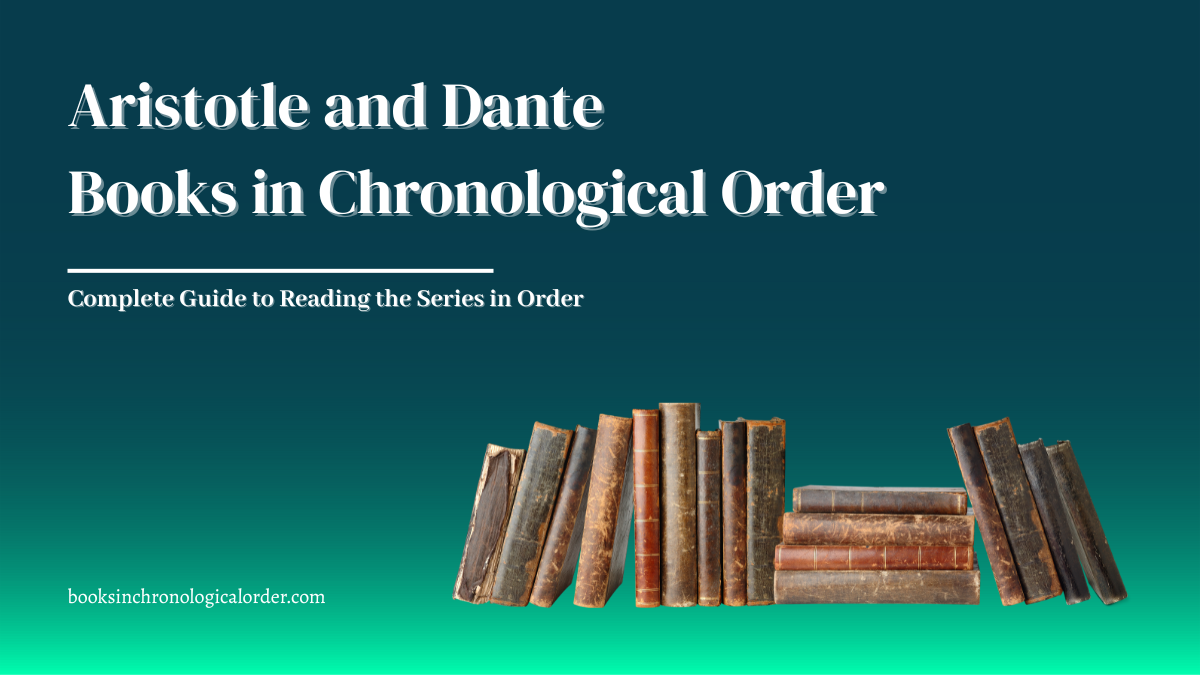
Aristotle and Dante Books in Chronological Order – Complete Reading Guide




Table of Contents
Quick Answer (TL;DR)
- Correct order: Aristotle and Dante Discover the Secrets of the Universe → Aristotle and Dante Dive into the Waters of the World. That’s both publication and chronology.
- Start with Discover the Secrets to meet Ari & Dante, their families, and the El Paso borderlands; then read Dive into the Waters to follow love, identity, grief, and activism as they step into adulthood.
- Following Aristotle and Dante Books in Chronological Order preserves character arcs, big reveals, and the series’ evolving conversation about masculinity, tenderness, and chosen belonging.
Introduction
Some love stories slip into your life quietly and then refuse to leave. Benjamin Alire Sáenz’s Aristotle and Dante duology belongs to that small shelf of modern YA classics that also read like timeless coming-of-age literature—books you can hand to a teen finding the words for who they are, or to an adult who remembers when they didn’t have the words yet. Set primarily in El Paso, Texas, along the U.S.–Mexico border, the novels chronicle the friendship-to-love journey of Aristotle “Ari” Mendoza and Dante Quintana, two boys whose names sound like a joke until the books show you they are a thesis: about curiosity and conscience, desire and dignity, silence and speech.
Sáenz writes with a poet’s ear. The prose is lucid, the chapters short, the beats honest. The first book introduces the tender volatility of being a boy who doesn’t quite fit in his skin; the second book asks how you keep loving—with courage—when the world is complicated and loss is real. Read Aristotle and Dante Books in Chronological Order and you’ll feel the series unfold like a single, breathing story: from the pool where they meet to a road trip of the soul.
Quick Facts
| Item | Details |
|---|---|
| Series | Aristotle and Dante (2-book duology) |
| Author | Benjamin Alire Sáenz |
| Setting | El Paso, Texas & borderlands, late 1980s into early 1990s |
| Books | Aristotle and Dante Discover the Secrets of the Universe (Book 1); Aristotle and Dante Dive into the Waters of the World (Book 2) |
| Approx. Page Count | Book 1: ~350–400 pp; Book 2: ~450–550 pp (editions vary) |
| Estimated Read Time | ~7–10 hours each (print); audiobooks ~7.5–12 hours |
| Reading Difficulty | Easy-to-moderate (short chapters, lyrical but accessible prose) |
| Genres | Contemporary YA · LGBTQ+ Romance · Literary Coming-of-Age |
| Core Themes | Identity & sexuality; friendship & first love; family secrets; grief; activism; borderlands belonging |
| Content Warnings | Homophobia (societal and interpersonal), bullying, car accident/physical injury, hate violence, grief/loss |
| Ideal Age Range | 14+ (mature themes handled with sensitivity); crossover appeal for adults |
| Media Adaptations | Feature film of Book 1; premiere at TIFF 2022; audiobook for Book 1 narrated by Lin-Manuel Miranda |
About the Aristotle and Dante Book Series
The Aristotle and Dante books are intimate first-person portraits—more quiet lightning than melodrama. Sáenz privileges everyday textures: drifting conversations, awkward rides with parents, desert skies, mixtapes, bilingual households, and the unteachable skill of learning how to talk about feelings. The first novel is the discovery; the second is the practice. Together, they become a meditation on how boys learn tenderness in a culture that often confuses gentleness with weakness.
What makes this duology a perennial book-club choice is its human scale. These are not “issue books,” though they brush against many: masculinity, Mexican American identity, sexuality, religion, AIDS-era anxiety, and the institutional and casual forms of homophobia that shape lives. They are, simply, story—and that makes the truths inside them easier to hear.
Aristotle and Dante Books at a Glance
| Title | Buy on Amazon |
|---|---|
| Aristotle and Dante Discover the Secrets of the Universe | Buy on Amazon |
| Aristotle and Dante Dive into the Waters of the World | Buy on Amazon |
Aristotle and Dante Books in Chronological Order
1) Aristotle and Dante Discover the Secrets of the Universe
Where we begin: El Paso, late ’80s. Ari Mendoza is all edges: angry and quiet, loyal and lost. His older brother is in prison, his Vietnam-veteran father carries a silence that fills the house, and Ari’s not sure where his body ends and other people’s stories begin. Then he meets Dante Quintana at a swimming pool—a boy who reads poetry for breakfast, who says what he thinks, who loves his parents out loud, who makes vulnerability look like oxygen.
What to expect (spoiler-light):
- The slow unfurling of best-friendship into something scarier and truer.
- The messy sweetness of parents who are trying, who become full characters—not obstacles.
- Borderlands textures—Spanglish, bicultural households, the geography of a city that’s a metaphor and a home.
- A pivotal accident that rearranges Ari’s relationship to risk, intimacy, and the words he won’t say.
Why start here: You meet Ari where he lives: on the page’s margin, writing himself inward. By the end, “friendship” isn’t big enough for the feelings the book has taught him to name.
2) Aristotle and Dante Dive into the Waters of the World
Where we go: Senior year and beyond. If Book 1 is the first yes, Book 2 is everything after yes: how to hold love, how to be public about it, how to be brave in the face of sorrow and stupid cruelty. Ari, who once chose invisibility, begins to speak; Dante, ever luminous, learns what it means for light to cast shadows.
What to expect (spoiler-light):
- New friendships, some uneasy; old friendships tested by honesty.
- A call toward activism and allyship, and how that intersects with the private work of being a better son, partner, and friend.
- Grief—indelible losses in community and family—and the rituals of care that make joy credible again.
- A relationship that grows up instead of apart: mistakes, apologies, boundaries, tenderness.
Why it matters in this order: Book 2’s emotional payoffs only land because Book 1 seeded them with care. Reading Aristotle and Dante Books in Chronological Order lets you feel the continuity of Ari’s voice becoming Ari’s choice.
Series Timeline & Character Development
Aristotle “Ari” Mendoza — Silence → Curiosity → Courage
- Interior weather: Ari starts armored: brief answers, long stares. He’s quick to anger because the world seems designed to misunderstand him.
- Family gravity: A father’s trauma and a mother’s fierce pragmatism shape his house. The absence of a brother in prison becomes its own presence.
- Arc: Ari’s growth is linguistic as much as romantic. He learns the difference between feeling and saying, then the difference between saying and doing. By Dive into the Waters, he dares to be visible—and to protect others’ visibility too.
Dante Quintana — Radiance → Reckoning → Resilience
- Interior weather: Dante arrives like a door left open. He is earnest, artistic, certain about some things (art, kissing), uncertain about others (how to be himself and be safe).
- Family gravity: Open affection, intellectualism, and permission to be tender. That love is a gift—and a contrast to Ari’s home.
- Arc: Dante’s light deepens into substance. Book 2 gives him setbacks and a richer relationship to risk; he learns that optimism can be a discipline, not a reflex.
The Parents & Community — Adults who matter
- Mendozas & Quintanas: They are not perfect, and the books never pretend otherwise. But they listen, apologize, and change—rare and refreshing in YA.
- Borderlands El Paso: More than backdrop. It’s a third character—a place where bilingual kids build bilingual lives, where the horizon is a promise and a complicating fact.
Novels Sorted by In-Universe Events
- Aristotle and Dante Discover the Secrets of the Universe — Friendship, family, an awakening that changes the meaning of “home.”
- Aristotle and Dante Dive into the Waters of the World — Owning love, grieving losses, finding a voice in public and private life.
Novels Sorted by Publication
- Aristotle and Dante Discover the Secrets of the Universe (Book 1)
- Aristotle and Dante Dive into the Waters of the World (Book 2)
Publication and chronology match—making Aristotle and Dante Books in Chronological Order beautifully simple.
Companion Works
- Movie tie-in materials: Editions of Book 1 may feature film art or notes; check product pages for “tie-in” indications.
- Spanish editions: Aristóteles y Dante descubren los secretos del universo and the sequel’s translation help bilingual classrooms or family buddy-reads.
- Author’s broader catalog: Sáenz is a poet and novelist (YA and adult). Readers who love Ari’s voice often connect with He Forgot to Say Goodbye (YA) or his poetry collections for more of that spare emotional clarity.
- Educator guides & book-club kits: Many publishers and libraries host free discussion guides—ideal for teen advisory boards and GSA clubs.
Editions & Formats (hardcover, collector, audio)
- Hardcover: Durable, commonly stocked in school & public libraries; some runs include sprayed edges or special endpapers.
- Paperback: Budget-friendly for classroom sets and buddy reads; clean typography, portable trim.
- Collector/boxed options: Watch for slipcased pairs or matching spines across reprints if you like a uniform shelf.
Digital & Audio
- Kindle/ebook: Searchable highlights for favorite lines; handy for quote-hunters and essay writers.
- Audiobooks:
- Book 1 is famously narrated by Lin-Manuel Miranda, whose warm, conversational delivery nails Ari’s interiority.
- Book 2 offers a longer runtime and a more public emotional register; excellent for readers who process grief better by ear.
- Pro tip: Audio + print together helps struggling readers or English learners balance pace and comprehension.
Why Read Aristotle and Dante Books in Chronological Order?
Because chronology is character. Aristotle and Dante Books in Chronological Order lets you watch the precise way Ari’s vocabulary grows to include himself, and how Dante’s brightness acquires ballast. Specifically:
- Emotional continuity: The sequel’s grief, activism, and boundary-building only make sense once you’ve lived inside Book 1’s silences and first recognitions.
- Family arcs: The parents’ transformations read as earned, not convenient. Their apologies carry history.
- Thematic layering: Masculinity, Mexican American identity, and borderlands belonging progress from private questions to public commitments. You feel the shift rather than just reading about it.
If you start with Book 2, you won’t be lost—but you’ll miss the slow, necessary work that makes the later courage feel possible.
Author Spotlight: Benjamin Alire Sáenz
Benjamin Alire Sáenz (b. 1954, Las Cruces, New Mexico) is a novelist, poet, essayist, children’s author, teacher, and visual artist. A self-described fronterizo—a person of the border—Sáenz brings the bilingual, bicultural realities of the U.S.–Mexico border to the center of his art. Before writing full-time, he studied philosophy and theology in Europe, spent time in Tanzania, and did a little of everything back home—roofing, painting, picking onions. That lived texture threads through his books: work, weather, family, faith.
Sáenz teaches at the University of Texas at El Paso (UTEP) in the MFA creative writing program, the only bilingual program of its kind in the U.S. His career spans American Book Awards, fellowships (Wallace Stegner; Lannan), and beloved titles across categories—from the YA shelves (Sammy & Juliana in Hollywood) to adult fiction (Carry Me Like Water) and poetry (Calendar of Dust, Elegies in Blue). The Aristotle and Dante duology distills the best of his gifts: compassion without sentimentality, sentences with the density of lines, and characters you want to call tomorrow to make sure they’re okay.
Media Adaptations (films, TV, audio)
- Feature Film: Aristotle and Dante Discover the Secrets of the Universe was adapted for the screen by Aitch Alberto (writer/director). It stars Max Pelayo (Ari) and Reese Gonzales (Dante), with Eva Longoria and Eugenio Derbez among the ensemble. The film premiered at the Toronto International Film Festival (TIFF) in 2022, followed by theatrical release. It preserves the book’s intimate scale—sunlight, silence, and the strange bigness of a summer afternoon.
- Audiobooks: Book 1’s narration by Lin-Manuel Miranda remains a fan favorite—warm, wry, and deeply felt; Book 2’s audio extends the emotional range while keeping the confessional intimacy readers love.
- Tie-ins & talkbacks: Post-screening Q&As, classroom panels, and library programs frequently pair the film with discussions on borderlands identity, LGBTQ+ representation, and the aesthetics of quiet cinema.
Watch trailer of Aristotle and Dante Discover the Secrets of the Universe:
FAQs
What is the correct order of the Aristotle and Dante books?
Read Aristotle and Dante Discover the Secrets of the Universe first, then Aristotle and Dante Dive into the Waters of the World. Publication and in-universe chronology match.
Do I need to read the first book before the sequel?
Yes. The sequel’s emotional payoffs rely on the first book’s friendships, family arcs, and Ari’s evolving voice.
Are these books appropriate for teens?
Ideal for ages 14+ with guidance as needed. Themes include homophobia, bullying, grief, and a serious car accident—but they’re handled with care and hope.
Where are the books set?
Mainly in El Paso, Texas (late 1980s–early 1990s), with the U.S.–Mexico borderlands as a living backdrop.
Is there a film adaptation?
Yes. Book 1 was adapted into a feature film (TIFF 2022 premiere), written and directed by Aitch Alberto and starring Max Pelayo and Reese Gonzales.
Who narrates the audiobook?
Lin-Manuel Miranda narrates the audiobook of Book 1; Book 2 also has a popular unabridged audio edition.
Are there more books coming?
The series is currently a duology. There has been no official announcement of a third book.
Final Thoughts
Reading Aristotle and Dante Books in Chronological Order is less about “doing it right” and more about letting the story breathe. You meet Ari when he can’t say what he wants; you leave him when he can. You meet Dante when sunlight feels like a person; you say goodbye when sunlight has learned to carry storms. Between those points are parents who grow, friends who try, teachers who matter, and a city that keeps both boys honest.
If you’re choosing a gift, Book 1 + Book 2 makes the perfect pair. If you’re teaching, the short chapters and crystalline sentences spark discussion without scaring reluctant readers. If you’re reading for yourself—well, clear a weekend. These books are not about secrets of the universe really. They’re about the small, ordinary secrets that make a universe possible: a hand, a car ride, a sentence that costs something to say.




